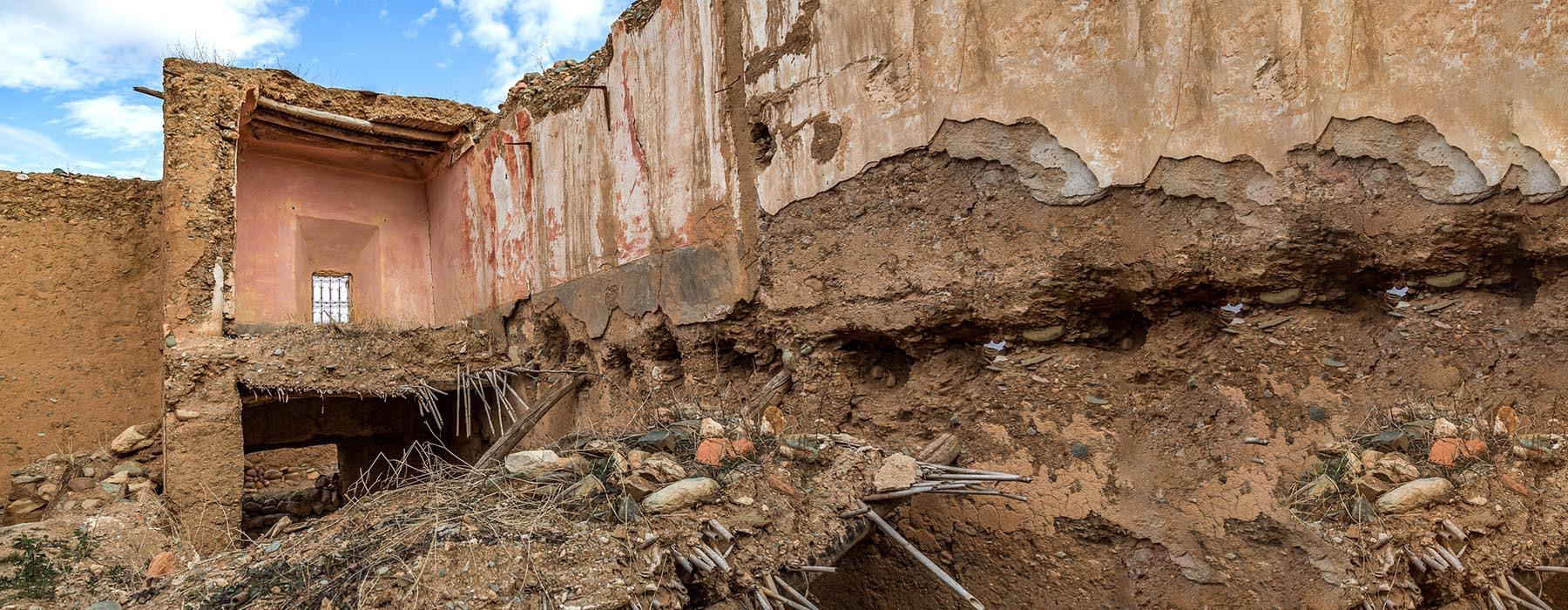What's happening: Rare Morocco earthquake kills thousands

What's happening in Morocco?
Thousands have died in the most destructive earthquake in Morocco since 1960 on 8th September. The magnitude 6.8 earthquake struck near the village of Ighil in Al Haouz province in the High Atlas Mountains 44 miles (71km) south-west of Marrakech at roughly 23h10. While the earthquake was felt most strongly in Marrakech, tremors were also reported in Rabat, Casablanca, Agadir and Essaouira.
The earthquake resulted in at least 2,497 fatalities and 2476 casualties, with the majority located in rural mountainous areas in Al Haouz, Azilal, Chichaoua, Taraoudant and Ouarzazate. The most significant damage to infrastructure also occurred in rural villages, with some, such as Tafeghaghte, completely destroyed. However, Marrakech also suffered infrastructural damage, including the collapse of multiple buildings in the old city.
While the earthquake damaged roads near the epicentre, major highways were undamaged and remain operational as of 11th September. All major airports also continued to operate unaffected, such as Casablanca Mohammed V International Airport (CMN), Rabat-Sale Airport (RBA), and Marrakech Menara Airport (RAK).
While life continues in Marrakech and other Moroccan urban hubs, large-scale rescue operations are ongoing throughout the affected areas in the Atlas Mountains.
A domestic-led rescue and recovery response
Regarding foreign aid, although dozens of countries offered aid to Morocco, only aid from Spain, Qatar, the UAE, and the UK has yet been accepted. Official Moroccan statements claim that only four offers of foreign aid have been accepted due to the potential for lack of coordination hindering productivity. While it is early to make conclusive assessments, the Moroccan domestic rescue and recovery response seems to have mobilised rapidly and effectively despite significant difficulties. Following the earthquake, the Moroccan military deployed to the earthquake zone and set up military hospitals, while additional helicopters, ambulances and rescue crews were also sent. Expert foreign rescue teams from Spain and the UK have also bolstered Morocco’s response capabilities.
However, rescue operations have been complicated due to the remote nature of affected villages in the High Atlas Mountains. Many affected villages are only reachable by rural single-lane roads, complicating accessibility for emergency teams. Additionally, many of the houses in affected villages were built from mud brick and stone, meaning that there are lower chances of finding survivors trapped in the rubble.
Advice for employees and travellers
- Non-essential travel to earthquake affected areas in the High Atlas Mountains should be deferred due to the possibility of aftershocks and the significant disruption to essential services.
- Reconsider the need to travel to Marrakech for at least 72 further hours. Aftershocks could result in further collapse to buildings, particularly in the Old City.
- Anticipate major disruption to essential services in rural areas near the epicentre south of Marrakech over the coming weeks at least. Reconstruction in rural areas may take months, or even years, depending on damage assessments.
- Monitor local developments and abide by official advice and directives.
- Continue to keep your organisation informed and updated. Conduct regular check-in’s with all staff and personnel in the affected area.


